Researchers pin down the contentious notion that ideas from the strange world of quantum mechanics underpin plants’ skill at harvesting sunlight.


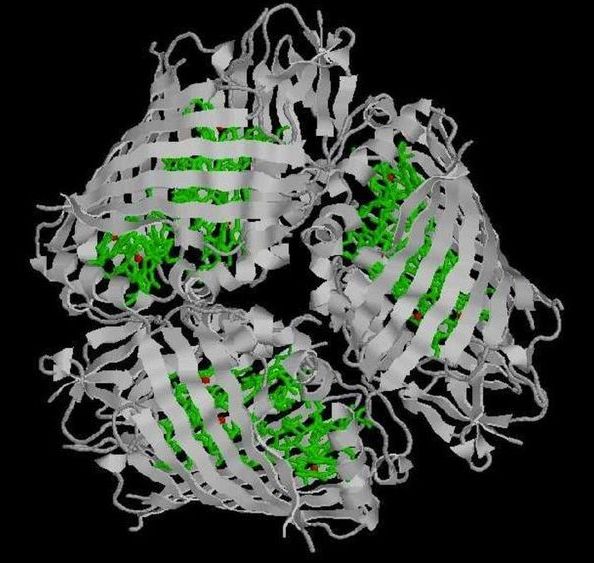

“Planet Earth Report” provides descriptive links to headline news by leading science journalists about the extraordinary discoveries, technology, people, and events changing our knowledge of Planet Earth and the future of the human species.
The Universe Might Be Too Thin, Scientists may have found a new crack in our understanding of the universe, reports The Atlantic and Quanta. The cosmos is starting to look a bit weird. For a few years now, cosmologists have been troubled by a discrepancy in how fast the universe is expanding. They know how fast it should be going, based on ancient light from the early universe, but apparently the modern universe has picked up too much speed—a clue that scientists might have overlooked one of the universe’s fundamental ingredients, or some aspect of how those ingredients stir together.
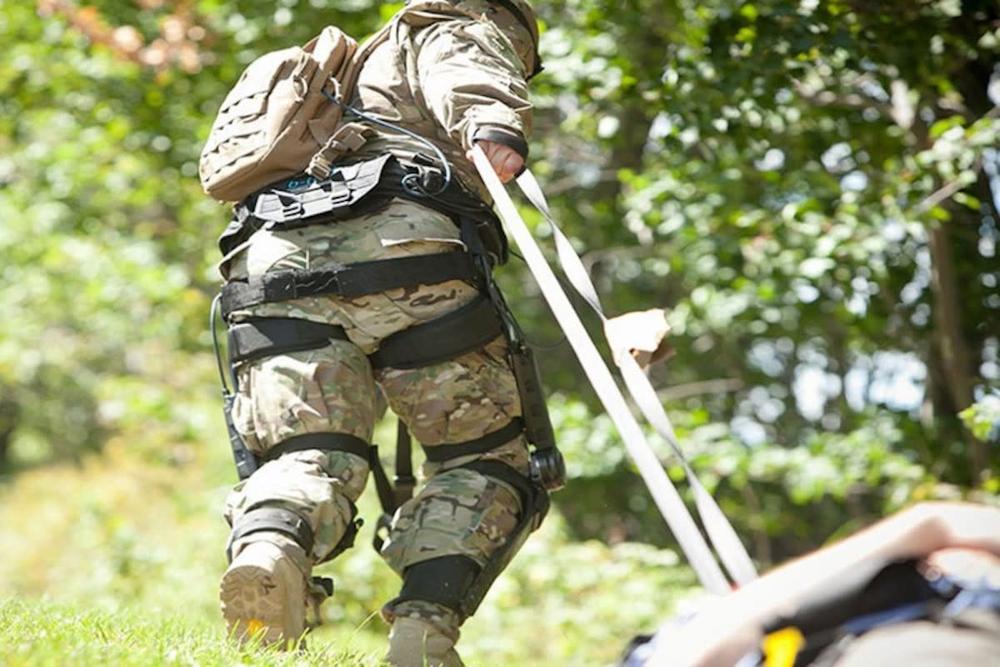
The Army is formally moving ahead with the development and fielding of a powered exoskeleton to help soldiers move faster and carry more while reducing overall fatigue after years of experimentation and testing.
Officials with Army Futures Command are currently in the process of drafting formal requirements for an infantry exoskeleton ahead of a defense industry day sometime in November, said Ted Maciuba, deputy director of the robotic requirements division for Army Futures Command.
Breaking Defense first reported news of the fresh exoskeleton effort.

Like Concrete
In simpler terms: the resulting material “feels like concrete but much lighter,” Fernandez told CNN. “Very light rock.”
“We have a route to… manufacturing buildings to tools from 3D printing to mold casting with just one single material,” he added.

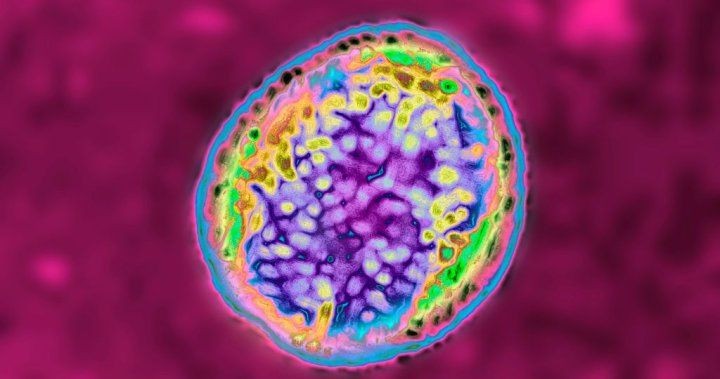

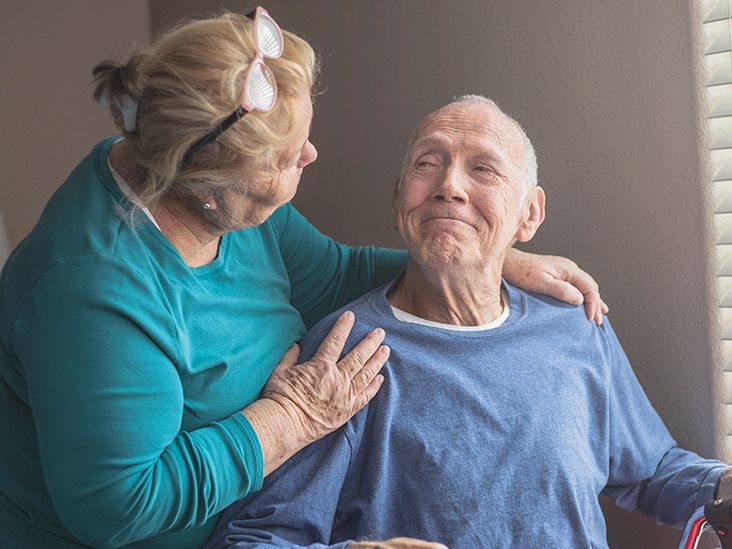
A new study suggests anticholinergic medications may increase the risk of accelerated cognitive decline, especially in older adults at high risk of developing Alzheimer’s disease.
Anticholinergic drugs block the action of acetylcholine, a chemical messenger that controls a range of automatic bodily functions and plays a vital role in memory and attention.
Doctors prescribe these drugs for a variety of conditions, including urinary incontinence, overactive bladder, chronic obstructive pulmonary disorder (COPD), seasonal allergies, and depression.
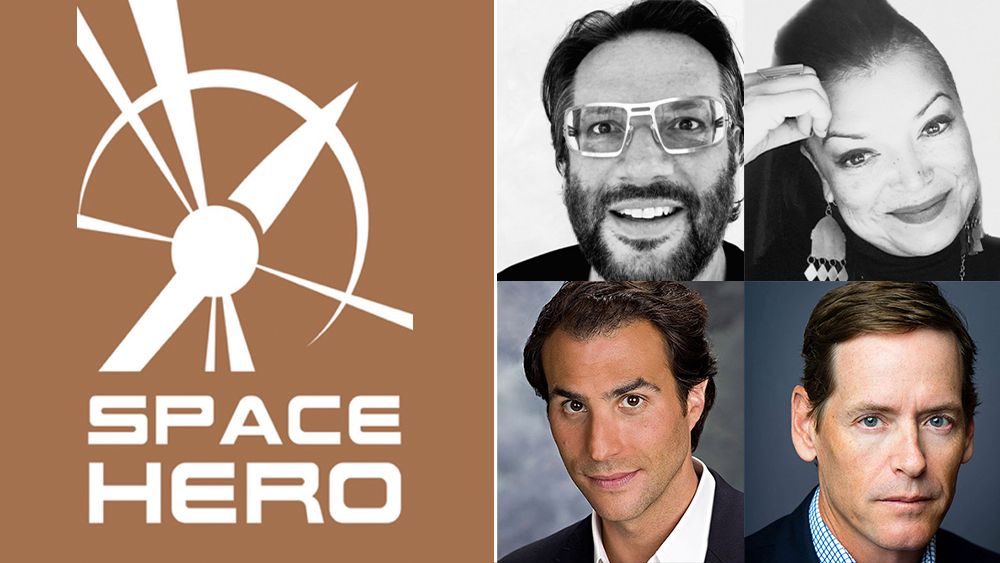
EXCLUSIVE: Following the success of SpaceX’s Crew Dragon mission, which marked the return of the U.S.’ capability for manned flights and the first private company to get people into orbit, a reality series wants to send a civilian into space.
Space Hero Inc., a U.S.-based production company founded by Thomas Reemer and Deborah Sass and led by former News Corp Europe chief Marty Pompadur, has secured a seat on a 2023 mission to the International Space Station. It will go to a contestant chosen through an unscripted show titled Space Hero. Produced by Ben Silverman and Howard Owens’ Propagate, the series will launch a global search for everyday people from any background who share a deep love for space exploration. They will be vying for the biggest prize ever awarded on TV.